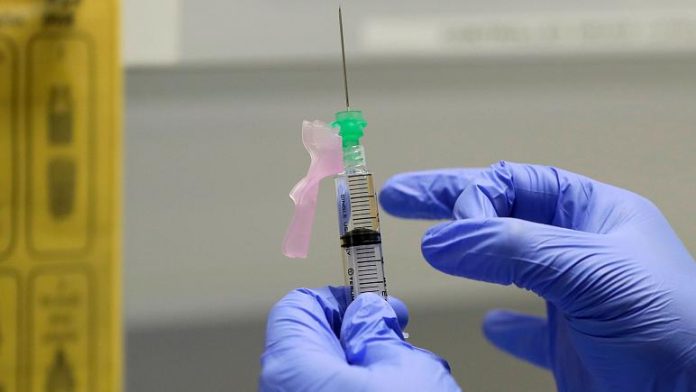COVID-19 antibodies, proteins that help humans fight off the virus, last for at least four months and do not fade quickly, researchers in Iceland said after in an exhaustive study of coronavirus immunity.
The results of the study are encouraging for vaccine efforts aiming to trigger an immune response that produces antibodies to protect against the virus.
The new study “provides hope that host immunity to this unpredictable and highly contagious virus may not be fleeting and may be similar to that elicited by most other viral infections,” wrote two doctors from Harvard University and the US National Institutes of Health in a commentary posted alongside the study in the New England Journal of Medicine.
The study authors, who are affiliated with deCODE Genetics in Reykjavik, analysed more than 30,000 people in Iceland where about 15% of the population had been tested for coronavirus.
Over 90% of people who had tested positive by a laboratory PCR test (nearly 2,000 of the individuals), tested positive for antibodies twice and continued to have antibodies 120 days after infection, the authors said, A positive result was determined by two positive antibody tests.
Importantly, people who had been hospitalised for COVID-19 with a more severe form developed antibodies more quickly.
Immunity appeared to increase two months after the coronavirus diagnosis test, researchers said, and it “remained on a plateau” for the remainder of the study.
Reinfection debate
The study comes as questions have emerged about whether people who have had COVID-19 can be reinfected and several recent studies have suggested that antibodies fade quickly.
“Using two highly sensitive and specific assays, Stefansson and colleagues monitored antibody levels and durability over 4 months, whereas previous studies profiled antibody kinetics for only 28 days,” write doctors Galit Alter and Robert Seder in a commentary on the study.
There have now been at least two cases of reinfection reported by other scientists, including a 33-year-old Hong Kong man who scientists say was reinfected with a different strain of the virus five months after previously having a mild version of the virus.
Alter and Seder contend that more information and studies are needed, particularly since the group in Iceland looked at one population from a single ethnic origin.
The scientists in Reykjavik also gave estimates about the prevalence and extent of the outbreak in Iceland.
They estimate that nearly 1% of the country’s population became infected with coronavirus. The infection fatality risk was 0.33%, lower than estimates in other countries.
The scientists also say that about 44% of people infected with the coronavirus were not tested by laboratory PCR tests during the outbreak.
The results also make a case for using antibody testing as surveillance for virus outbreaks, say doctors Alter and Seder in their commentary.
“The data reported by Stefansson and colleagues point to the utility of antibody assays as highly cost-effective alternatives to PCR testing for population-level surveillance, which is critical to the safe reopening of cities and schools,” they wrote.








